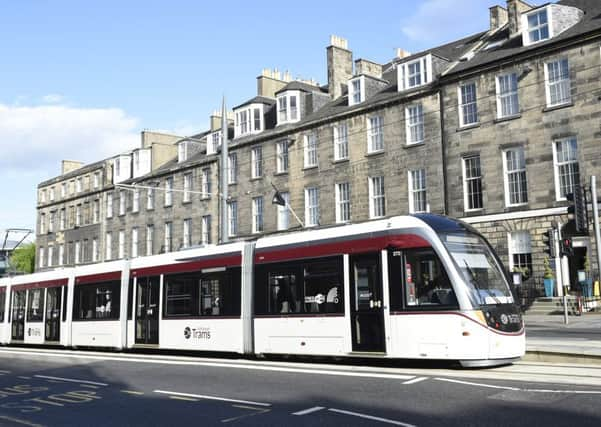'˜True test is still building a viable service'


In the summer we were told that passenger numbers had grown by almost 10 per cent in 12 months and that the service was carrying around 1000 passengers more per day than had been predicted for that stage in its evolution. All new transport systems take time to build up their passenger base as, if they are successful, more people gradually discover what they have to offer and switch to travelling with them. Then we heard that the service had carried more than 5 million passengers in a year for the first time and had beaten the target set in its business case for ticket revenue.
Today, however, we learn about the millions of seats that are being left empty with the average tram being only a quarter full. It does seem on the surface like a terrible waste and to raise questions about the sustainability of at least some of the services that are being run. The truth however falls, as it so often does, somewhere between the two pictures of a fantastically thriving service and a terribly failing one.
Advertisement
Hide AdAdvertisement
Hide AdThose working in the transport industry, whether on trams, buses or railways, will be relatively unphased by a high number of empty seats. They know that during off-peak times there will always be trams, buses and trains that take very few paying passengers. It is the number that get on at the busier times that are the more critical test.
Operators recognise that when they have drivers and vehicles on the road or rail to service peak time demand there is no point leaving them to sit for half the day in the depot. They are better out and about and picking up some passengers than none at all at these times. The true test of the trams remains growing its passenger base and ticket revenue.